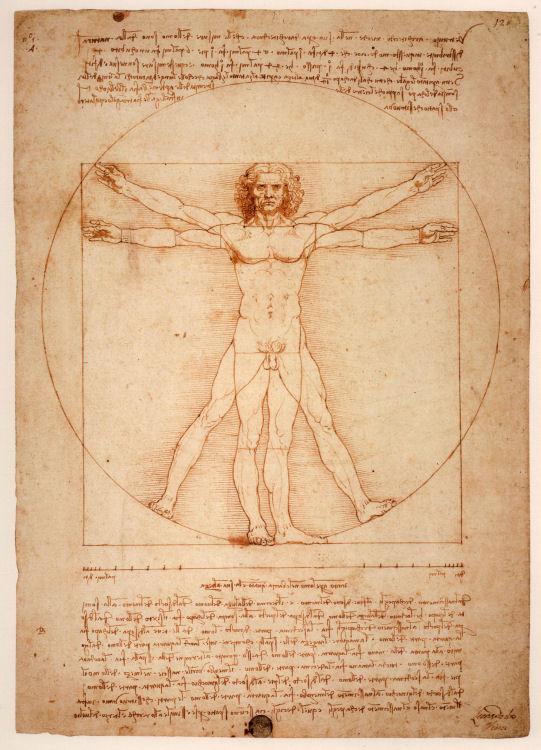European History, 1450-1760
This course covers the history of Europe and Europeans overseas from the age of Renaissances to the Enlightenment - perhaps the most formative period in Western history. Europe witnessed its first media revolution. It became global through its contacts with the world beyond Europe. Rulers fought rebels and tried to regularise peoples' behaviour. The Reformations divided western Christianity and countries, too. Witches and minorities were prosecuted.

The seventeenth century saw the first major European confessional and state war, which lasted for Thirty Years. Law and diplomacy became increasingly important. Concepts of liberty were contested and redefined, so as to meet or query the new ideology of 'reason of state'. The Enlightenment emanated from such debates, as did the early modern experience of negotiating passion and reason, individual needs and the common good.
So this is a paper which charts key developments in European history and allows you to engage with many fascinating ideas and people. Carlo Ginzburg's The Cheese and the Worms introduces you to an Italian village miller who was burnt by the Inquisition for his heretical ideas, and Natalie Davis' Return of Martin Guerre to a French woman who pretended that her husband was dead in order to live with another man. Then there is 'high culture', with Renaissance feminists, the humanist Montaigne, an extraordinary Venetian rabbi, Leon of Modena, and new seventeenth-century 'scientific' philosophers, such as Descartes. We focus on providing you with lectures and supervisions on topics which give you a coherent sense of the period and let you engage with people's subjectivities and lives.
For further information please follow the link below.
This material is intended for current students but will be interesting to prospective students. It is indicative only.
